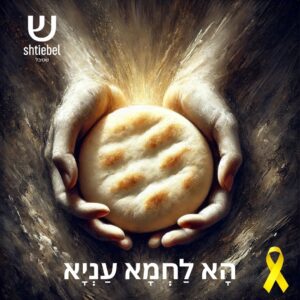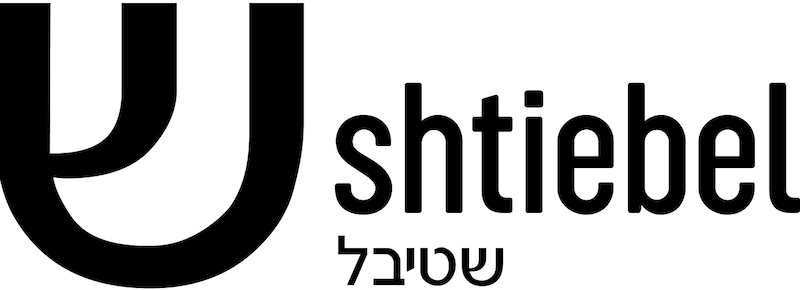 As we gather this Pesach to celebrate our people’s journey from slavery to freedom, we are reminded that the themes of liberation and redemption are not merely echoes of the past but urgent cries of the present.
As we gather this Pesach to celebrate our people’s journey from slavery to freedom, we are reminded that the themes of liberation and redemption are not merely echoes of the past but urgent cries of the present.
This year, as we sit around our Seder tables, let us hold in our hearts the 59 Israeli hostages who remain captive in Gaza. Of these, 24 are believed to be alive—22 Israelis, one Thai national, and one Nepali citizen—while 35 are presumed deceased. Their families live in anguish, longing for their return. Their suffering is not so different from the suffering of our ancestors.
The text that follows is intended to be read at the start of the Magid section of your Seder. It is a ritual within a ritual—a way of connecting our ancient story to the pain and resilience of those who are still awaiting their own redemption.
By including this reading in your Seder, you are helping to keep their stories alive. You are bearing witness. You affirm that their pain is not forgotten, their captivity not ignored. And you are strengthening the hope that they will be free next year.
Ha Lachma Anya – The Bread of Affliction
Leader:
This is the bread of affliction, Ha Lachma Anya (הָא לַחְמָא עַנְיָא), that our ancestors ate in the land of Egypt. Let all who are hungry come and eat. Let all who are in need join us in the celebration of Pesach. This year we are here; next year may we be in the Land of Israel. This year we are slaves; next year may we be free.
Reader:
As we break this matzah (מַצָּה), we remember: the bread of affliction is not only a relic of the past but a mirror held to the present.
Today, there are those who have been torn from freedom, held captive in darkness, surviving on so little. Their stories echo the ancient cries of our ancestors, pleading for release.
Let us hear the words of Sharon Alony-Cunio, held for fifty-two days with her twin daughters in the tunnels of Gaza: “You do not know if, in the evening, there will be a pita… so in the morning you save some for the evening.”
Like our ancestors who clung to the bread of affliction as they fled Mitzrayim (מִצְרַיִם), so too did these hostages grasp whatever meager sustenance they were given. A piece of pita—just enough to live, just enough to hope.
ALL:
May the matzah we hold remind us of those who still yearn for freedom. May our prayers rise for all who are oppressed and afraid. May our hearts remain open to the suffering of others, even when their pain is not our own.
Leader:
Tonight, we remember.
Tonight, we acknowledge.
Tonight, we commit ourselves to the sacred work of freedom.
As we recite Ha Lachma Anya, let us hold close the stories of those who survive, who endure, who, even in the deepest darkness, cling to the hope of redemption.
